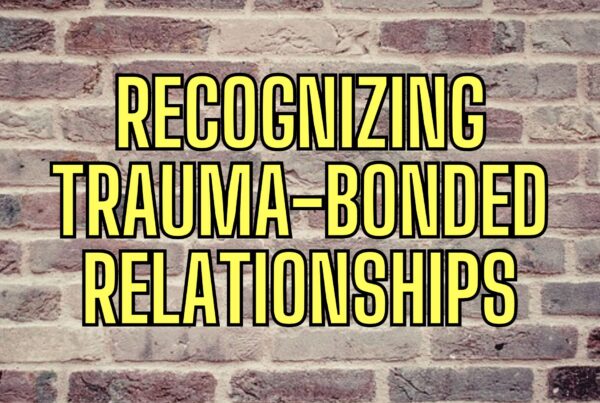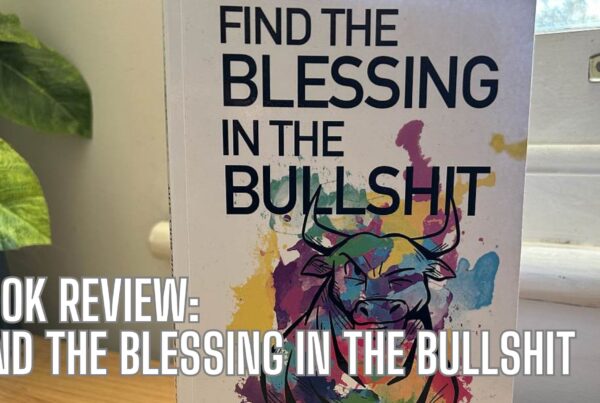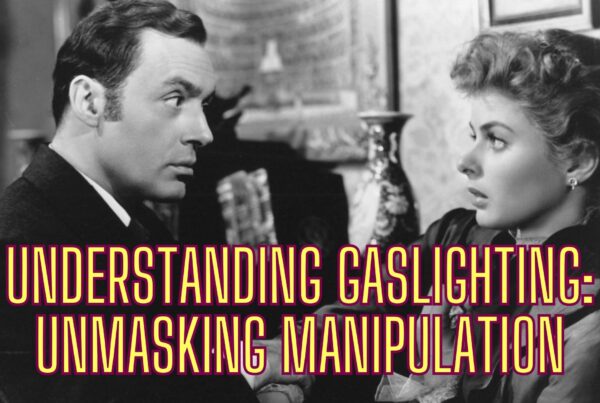Understanding and Overcoming Stonewalling in Relationships
Do you know what stonewalling is? And are you potentially stonewalling your partner in your own relationship? In this blog, we explore what stonewalling is and tips on overcoming stonewalling in relationships.
What is Stonewalling and How Does it Affect Relationships?
In the realm of relationships, effective communication plays a pivotal role in building and maintaining strong connections. However, there are times when we unintentionally adopt destructive behaviors that hinder open dialogue and understanding. One such behavior is stonewalling, which can significantly impact our interactions with loved ones.
Stonewalling refers to the act of withdrawing from a conversation or shutting down emotionally in response to conflict or difficult discussions. It is often characterized by silence, avoiding eye contact, or giving short, dismissive responses. When stonewalling occurs, it creates a barrier that obstructs the flow of communication and prevents issues from being resolved.
Research has shown that stonewalling can lead to a decline in relationship satisfaction and an increase in negative emotions such as anger, frustration, and sadness (Gottman, 1994). In fact, renowned relationship expert John Gottman found that stonewalling is one of the four toxic behaviors that can predict relationship failure with a high degree of accuracy.
Stonewalling can have detrimental effects on both the stonewaller and the recipient of this behavior. For the person engaging in stonewalling, it may be a way of self-protection, a defense mechanism to avoid overwhelming emotions or conflict. However, this avoidance can create distance and erode trust within the relationship. On the receiving end, being stonewalled can leave individuals feeling dismissed, unheard, and emotionally disconnected.
Recognizing the Signs of Stonewalling
Identifying when you are engaging in stonewalling is crucial for overcoming this detrimental behavior. Here are some common signs to watch out for:
- Emotional Shutdown: You may feel overwhelmed or flooded with emotions during a conversation, leading to a sudden emotional withdrawal. Your body language might become rigid, and you might physically distance yourself from the other person.
- Avoidance of Eye Contact: Eye contact is a fundamental element of effective communication. When stonewalling, you might find yourself looking away or down, avoiding eye contact to escape the discomfort of the situation.
- Limited Verbal Response: Stonewalling often involves responding with minimal words or providing vague, unhelpful answers. It can include phrases like “I don’t know” or “Whatever.”
- Defensiveness: When faced with challenging conversations, you might instinctively become defensive, deflecting blame or responsibility. This defensiveness can manifest as a refusal to engage or actively participate in the conversation.
Recognizing these signs is the first step toward addressing and overcoming stonewalling in relationships. By acknowledging these patterns of behavior, you can begin the journey of cultivating healthier communication habits.
Strategies to Overcome Stonewalling
Overcoming stonewalling is crucial for fostering healthy and fulfilling relationships. Here are some strategies to help you navigate this challenging behavior:
Cultivate Self-Awareness:
Recognize your triggers and emotional responses that lead to stonewalling. Pay attention to physical sensations or changes in your body that signal emotional distress. By increasing self-awareness, you can catch yourself before falling into the pattern of stonewalling. Mindfulness practices, such as meditation or journaling, can be helpful in developing this self-awareness.
Practice Mindfulness:
Mindfulness can help you stay present and grounded during difficult conversations. By focusing on your breath and observing your thoughts and emotions without judgment, you can prevent automatic reactions that contribute to stonewalling. Mindfulness exercises like deep breathing or body scanning can be particularly helpful in reducing emotional reactivity.
Take Breaks, Not Breakdowns:
If you feel overwhelmed during a conversation, it’s okay to request a short break to regain composure. Communicate this need respectfully to your partner, explaining that you want to continue the discussion but require some time to collect your thoughts. Remember, the goal is to return to the conversation, not to avoid it entirely. Taking breaks can be an effective strategy to manage emotions and prevent stonewalling.
Develop Active Listening Skills:
Listening is a vital component of effective communication. Practice active listening by giving your full attention to the speaker, validating their emotions, and seeking to understand their perspective. Show empathy and avoid interrupting or dismissing their feelings. By actively engaging in the conversation, you can create a safe space for open dialogue.
Seek Professional Help:
If stonewalling persists or significantly impacts your relationships, it may be beneficial to seek assistance from a trained professional such as a therapist or counselor. They can help you explore the underlying causes of stonewalling and provide guidance on building healthier communication patterns.
Overcoming Stonewalling in Relationships
Stonewalling can pose a significant challenge to relationship dynamics, hindering understanding and fostering emotional disconnection. However, by recognizing the signs, practicing self-awareness, and implementing effective communication strategies, we can overcome stonewalling and nurture healthier, more fulfilling connections with our loved ones.
Remember, building strong relationships requires ongoing effort and a willingness to address and overcome problematic behaviors. By fostering open and honest communication, we can create the foundation for a thriving and supportive relationship.
Release Hypnosis Melbourne Hypnotherapy
Since 2016, Lawrence Akers has been working under the name Release Hypnosis offering Hypnotherapy and ACT based work to the people of Melbourne or an online service. Based on St Kilda Rd, Release Hypnosis is an easy and convenient location to get to and accessible by the ANZAC station train and tram stop. Release Hypnosis can help with a wide range of presenting issues, and I offer a free 30 minute no obligation discovery call for those who are unsure if hypnotherapy is the right way forward for them.
Book Your FREE 30 Minute Consultation With Release Hypnosis NOW!
You may also like to read:
Discovering Purpose and Values: A Path to Mental Well-being
Can’t Visualise in Hypnosis? Here’s What You Can Do Instead.
Dealing with Financial Stress and Crisis: Finding Peace Amid Turbulence
What Is The Success Rate of Hypnosis?
Release Hypnosis Melbourne Hypnotherapy is accessible for people in: Abbotsford, Armadale, Albert Park, Balwyn, Bentleigh, Black Rock, Box Hill, Brighton, Brunswick, Bulleen, Bundoora, Camberwell, Canterbury, Carnegie, Caulfield, Chadstone, Cheltenham, Clayton, Coburg, Collingwood, Deer Park, Doncaster, Elsternwick, Eltham, Elwood, Epping, Essendon, Fairfield, Fitzroy, Footscray, Glen Iris, Glen Waverley, Glenhuntly, Greensborough, Hampton, Hawthorn, Heidelberg, Highet, Ivanhoe, Kew, Kooyong, Lalor, Laverton, Lower, Plenty, Macleod, Malvern, Middle Park, Moonee Ponds, Melbourne, Moorabbin, Mount Waverley, Murrumbeena, Northcote, Oakleigh, Ormond, Parkville, Pascoe Vale, Port Melbourne, Prahran, Preston, Richmond, Rosana, Sandringham, South Yarra, South Melbourne, Spotswood, St Albans, St Kilda, Surrey Hills, Templestowe, Thornbury, Toorak, Tullamarine, Williamstown, Yarraville, North Melbourne, Windsor, East Melbourne, Melbourne, Melbourne CBD, Melbourne 3004








